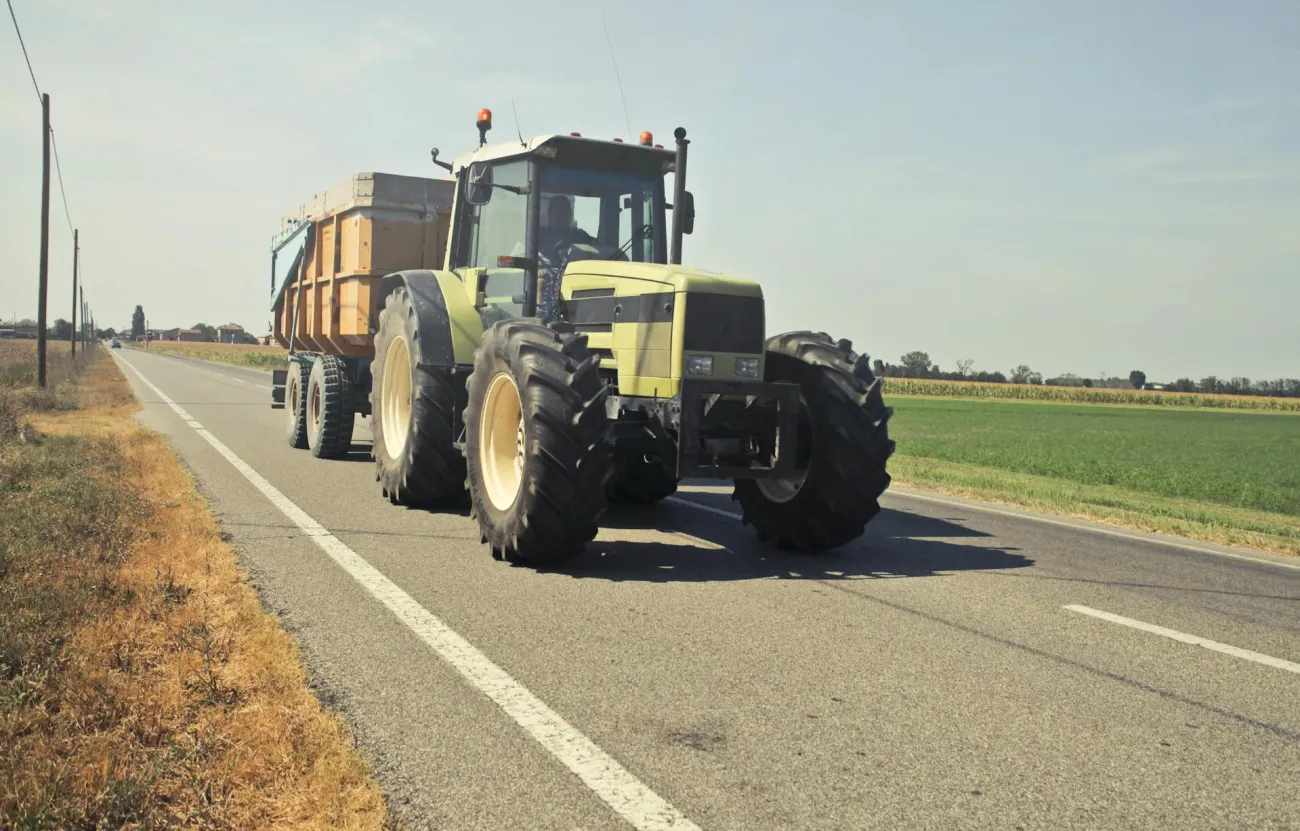This study, commissioned by the Australian Egg Corporation, investigates the egg industry’s impacts in terms of greenhouse gas emissions, energy and water use. It looks at both caged and free range egg production.
The study finds that Australian egg production generates lower levels of GHGs as compared with European egg production. Despite the overlapping confidence intervals, free range production generates higher emissions than caged production when shared variability is taken into account. studies. Total GHG was 1.3 +/- 0.2 kg CO2-e / kg eggs from caged production and 1.6 +/- 0.3 kg CO2-e / kg for free range production. Energy demand in free range production is also slightly higher. The higher impacts for GHGs and energy use associated with free range production are attributable to the higher feed conversion ratio (FCR) and lower productivity as compared with caged production.
Cumulative energy demand (CED) for caged production (0.7 +/- 0.9 MJ / kg eggs) was lower than studies previously reported in the literature. Cumulative energy demand for free range egg production (13.1 +/- 1.1 MJ / kg eggs) was slightly higher than for caged production, but was similar to other studies reported in the literature. The higher impacts for GHG and CED associated with free range production were attributable to higher feed conversion ratio (FCR) and lower productivity compared to caged production. Water use in free range production is also higher, because of the higher grain use in this system.
The relative environmental efficiency of egg production in Australian, as compared with European production, is accounted for by the “the high performance of modern Australian egg production coupled with the low input nature of Australian grain production. Additionally, Australian grain is produced in conditions that do not favour nitrous oxide emissions… These result in low GHG and energy use for Australian eggs, both in the caged and free range systems.”




Comments (0)